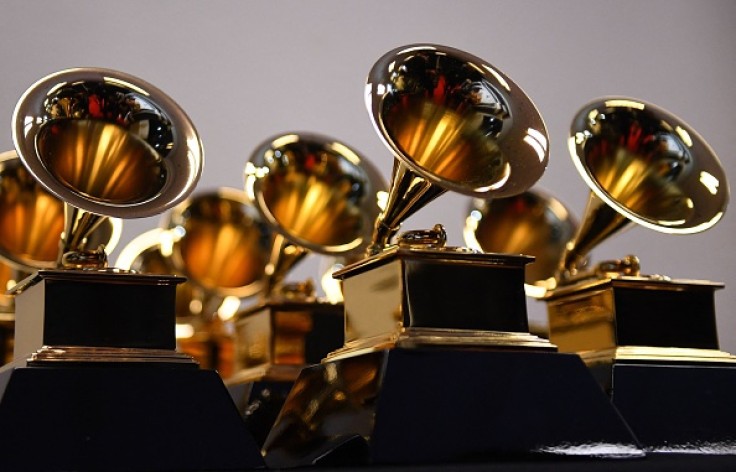The tech world is well aware of the capabilities of AI, as well as the potential for it to be exploited. One of the industries impacted by its fast growth is the music sector, and despite that, the Grammy CEO thinks that music with AI elements can still win a Grammy Award.

The Grammys Won't Keep AI Out
There are so many AI tools that can help basically anyone create music. Some tools can help you create beats while others can do the singing for you. With that in mind, musicians may find this concerning since it threatens the entire music industry.
Even in the Grammys, artists are not safe from AI taking their place. Grammy Awards CEO Harvey Mason Jr. believes that music created with the help of AI is still eligible for an award or a nomination, as reported by Interesting Engineering.
In his statement, he expressed that "AI, or music that contains AI-created elements is absolutely eligible for entry and for consideration for Grammy nomination." Although he did clarify that they are not giving the award or nomination for the AI portion of the song.
For instance, if an AI is used to generate the song lyrics but it was performed by a human, then it will only be exempted from the songwriting and composition category. If the vocals were generated by AI but the lyrics are written by a human, then it cannot be nominated for the performance category.
Mason clarified the matter saying: "As long as the human is contributing in a more than de minimis amount, which to us means a meaningful way, they are and will always be considered for a nomination or a win."
The Grammy CEO has a progressive outlook with AI, saying that they don't want to see technology replace human creativity, but rather enhance, embellish, or be an additive to human creativity, justifying his stand on songs with AI elements being able to win or be nominated.
There Are Limits
The news about music with AI elements being eligible for a Grammy might be the right step toward embracing AI, but that still doesn't excuse the infringement of intellectual property to create music using generative artificial intelligence tools.
For example, AI tools have been used to mimic the voices of artists like Drake and The Weekend without their consent in creating a new collaborative song. Without the knowledge of the artists, this was posted on music streaming sites like Spotify and YouTube.
The song titled "Heart on My Sleeve" became viral and garnered millions of views and plays, as mentioned in The New York Times. It went viral on TikTok as well before it was taken down on the streaming services, although users are still uploading the content on YouTube.
The studio representing both artists, Universal Music Group, stepped in and flagged the content on grounds of stolen intellectual property. The company referred to the side of AI-generated music as "deepfakes, fraud and denying artists their due compensation."









